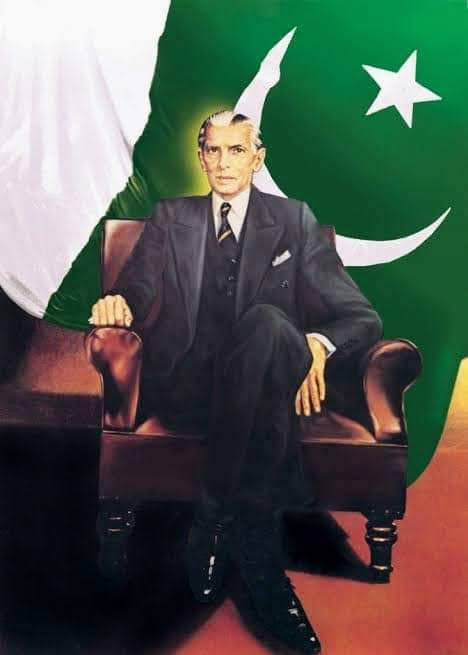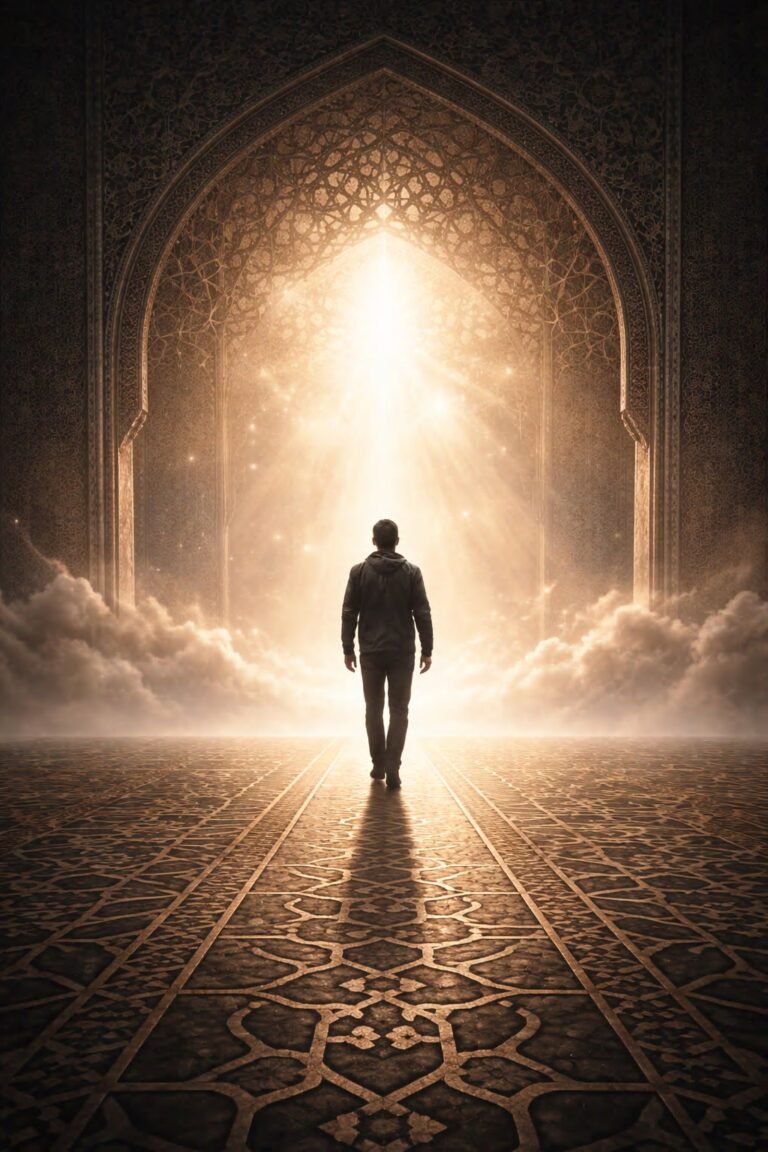RSS, BJP, and the Global Web of Controversy: Unmasking Extremism, Alleged Overseas Killings, and the Politics of Blame in 2025
https://mrpo.pk/?p=11014&preview=true
RSS and Its Expanding Shadow
The (RSS) Rashtriya Swayamsevak Sangh is a more than a century-old Hindu nationalist organisation. Its influence has grown exponentially in India, especially under the Bharatiya Janata Party (BJP) government. The RSS’s ideology, actions, and global footprint have sparked heated debates on extremism, communal violence, and transnational repression. This article explores RSS’s roots, its controversial role in Indian politics, and the international uproar over alleged overseas killings of Sikh leaders during the BJP’s rule.
The RSS has historically played a major role in the Hindu nationalist movement. On several occasions, it has been banned by the Indian government, led by the Congress Party, for its alleged role in communal violence. Some of the major political leaders of India’s Bharatiya Janata Party, including Narendra Modi, were or still are members of the RSS.
The rise of extremist ideas in Indian domestic politics under the Modi government has shaken New Delhi’s constitutional foundations and its manifestations in the country’s foreign relations. The arrival of Modi in Indian politics as Prime Minister augmented the role of religion in the country’s politics based on the fanatical ideological configurations of the Bharatiya Janata Party (BJP) and its strong association with the Rashtriya Swayamsevak Sangh (RSS). The common extremist beliefs of both ideological groups revolutionised the conventional notion of Hindu nationalism in India’s mainstream social, economic, and political landscapes.https://defencejournal.com/2025/04/09/hindutva-and-rss-bjp-nexus/
RSS Roots and Ideology: From Hindutva to Hardline Nationalism
The RSS was founded in 1925 by Keshav Baliram Hedgewar in Nagpur. Inspired by anti-colonial revolutionaries and the Hindutva philosophy of Vinayak Damodar Savarkar, Hedgewar envisioned a disciplined, militarised Hindu society. Early RSS branches (shakhas) emphasised physical training, unity, and a strict hierarchy, drawing inspiration from European fascist movements.
The organisation’s core belief is Hindutva ideology that defines Indian identity in exclusively Hindu terms. This worldview regards minorities, particularly Muslims and Christians, as outsiders. The RSS’s mission is to build a Hindu Rashtra (nation) where Hindu culture and values dominate all aspects of life.
Nazi Parallels: RSS and the Echoes of Hitler’s Ideology
RSS’s ideological evolution under M.S. Golwalkar, its second leader, drew explicit inspiration from Nazi Germany. In his 1939 book We or Our Nationhood Defined, Golwalkar praised Hitler’s “purging” of Jews, suggesting India could learn from Germany’s example. The RSS adopted paramilitary drills, uniforms, and youth indoctrination similar to Nazi practices.
Key similarities include:
-
Scapegoating minorities (Jews in Nazi Germany, Muslims in RSS ideology)
-
Militaristic organisation and youth training
-
Supremacist vision of a homogenous nation
Modern scholars and documentaries have repeatedly highlighted these disturbing parallels, fueling concerns about rising extremism in India.
Crimes and Communal Violence: RSS’s Controversial Legacy
The RSS and its affiliates have been linked to some of India’s most notorious incidents of communal violence and hate crimes:
-
1948: Mahatma Gandhi’s assassination by Nathuram Godse, a former RSS member, led to a temporary ban on the organisation.
-
1992: The Babri Masjid demolition, orchestrated by RSS affiliates, triggered nationwide riots and over 2,000 deaths, mostly Muslims.
-
2002: Gujarat riots under then-Chief Minister Narendra Modi saw over 1,000 Muslims killed by mobs with RSS links.
-
2014–present: Cow vigilante groups, often RSS-affiliated, have lynched over 100 Muslims and Dalits.
Anecdotes from survivors, such as Zahira Sheikh in Gujarat, paint a grim picture of coordinated violence and systemic impunity.
Terrorism and Communal Incidents Under BJP Rule
Since the BJP came to power in 2014, India has seen a spike in terrorist incidents and communal violence, often followed by immediate allegations against Pakistan:
| Incident | Year | Details | Allegations |
|---|---|---|---|
| Uri Attack | 2016 | 19 soldiers killed in Kashmir | Blamed on Pakistan-based Jaish-e-Mohammed |
| Pulwama Bombing | 2019 | 40 CRPF personnel killed | Prompted Indian airstrikes in Pakistan |
| Delhi Riots | 2020 | 53 killed, mostly Muslims | BJP leaders blamed “Pakistani agents” |
| Samjhauta Express Bomb | 2007 | 68 killed on India-Pakistan train | RSS member confessed, but the initial blame on Pak |
| Malegaon Blasts | 2008 | Attacks on Muslim communities | BJP MP Pragya Thakur accused |
Investigations have sometimes revealed domestic extremist involvement, yet the pattern of blaming Pakistan persists.
The Blame Game: Instant Accusations Against Pakistan
After every major attack, Indian officials often accuse Pakistan within hours, regardless of evidence. Following the Pulwama bombing, PM Modi vowed swift retribution. Pakistan’s Foreign Office has repeatedly condemned what it calls “habitual baseless allegations,” arguing they deflect attention from internal failures.
Security experts note that blaming Pakistan rallies nationalist sentiment and shifts scrutiny away from homegrown extremism.
How Minorities in India Face RSS Brutalities Under the BJP Regimes
The Rashtriya Swayamsevak Sangh (RSS), the ideological parent of India’s ruling Bharatiya Janata Party (BJP), has been repeatedly accused of systemic violence, hate campaigns, and legal marginalisation against minorities. Under BJP-led governments since 2014, these allegations have intensified, with reports of lynchings, riots, discriminatory laws, and institutionalised Islamophobia shaping the lived reality of Muslims, Christians, Dalits, and Sikhs.
1. Lynchings and Mob Violence
-
Cow Vigilantism: Over 100 Muslims and Dalits have been lynched since 2014 by mobs linked to RSS-affiliated groups like Bajrang Dal, often over false rumours of cow slaughter or beef consumption5.
-
Legal Impunity: Few convictions occur, with police often filing cases against victims instead57.
2. Communal Riots and State Complicity
-
2002 Gujarat Pogrom: Over 1,000 Muslims were killed in riots under then-Chief Minister Narendra Modi, with RSS-linked groups organising attacks6. Survivors like Zahira Sheikh testified about police aiding mobs5.
-
2020 Delhi Riots: At least 53 killed (mostly Muslims) during anti-CAA protests. BJP leaders blamed “Pakistani infiltrators,” while victims accused police of bias27.
-
Historical Patterns: RSS members were implicated in the 1984 anti-Sikh riots (post-Indira Gandhi’s assassination) and the 1992 Babri Masjid demolition, which triggered nationwide violence6.
3. Discriminatory Laws and Policies
-
Citizenship Amendment Act (CAA): Excludes Muslim refugees, institutionalising religious discrimination2.
-
Anti-Conversion Laws: Enacted in BJP-ruled states like Uttar Pradesh and Madhya Pradesh, used to target interfaith marriages and Christian missionaries5
-
Article 370 Revocation: Stripped Jammu and Kashmir’s autonomy, enabling demographic changes in the Muslim-majority region2.
4. Hate Speech and Cultural Erasure
-
“Jai Shri Ram” as a Weapon: The Hindu chant has become a tool of intimidation, forcing minorities to chant it or face violence2.
-
Textbook Revisions: RSS-backed curriculum changes erase Mughal history and glorify Hindu rulers, fostering majoritarian narratives5.
-
Ghar Wapsi: RSS affiliates conduct mass “reconversion” campaigns targeting Christians and Muslims5.
5. Systemic Human Rights Violations
-
Police Complicity: Officers frequently ignore violence against minorities or file counter-cases against victims57.
-
Judicial Delays: Cases like the Bilkis Bano gangrape (2002) saw convicts released prematurely in 2022 before the Supreme Court intervened5.
-
Surveillance and Harassment: Muslim activists, journalists, and students face UAPA charges (anti-terror law) for dissent2.
International Condemnation
-
UN Reports: Highlighted rising Islamophobia and attacks on Christians2.
-
US Commission on International Religious Freedom: Classified India as a “Country of Particular Concern” in 2020–20242.
-
Human Rights Watch: Documented state-backed hate speech and violence in Gujarat and Delhi8.
Case Study: The RSS Playbook
-
Ideological Roots: RSS leaders like M.S. Golwalkar praised Nazi Germany’s persecution of Jews, advocating similar exclusion of Indian Muslims6.
-
Modi’s Mainstreaming: As PM, Modi has lifted bans on RSS participation in government, enabling its affiliates to dominate institutions like education and law enforcement5.
-
False-Flag Operations: Former RSS worker Yashwant Shinde confessed to bombing mosques to fuel Hindu-Muslim divisions6.
Under BJP regimes, RSS-linked groups have operated with unprecedented impunity, transforming India’s secular fabric into a Hindutva majoritarian state. While legal frameworks exist to protect minorities, their systematic erosion through laws, violence, and hate speech has created a climate of fear and disenfranchisement.
Overseas Killings of Sikh Leaders: A BJP-Era Phenomenon
All major alleged assassinations or plots targeting Khalistan leaders abroad have occurred during the BJP rule (2014–present):
-
Hardeep Singh Nijjar (Canada, 2023): Shot dead; Canadian PM cited “credible intelligence” implicating Indian agents.
-
Gurpatwant Singh Pannun (US, 2023): Plot foiled; US indicted Indian national for hiring hitmen.
-
Sukhdool Singh (Canada, 2023): Shot dead; Canada linked the killing to Indian agents.
-
Paramjit Singh Panjwar (Pakistan, 2023): Assassinated in Lahore; Pakistan accused India.
These incidents reveal a marked shift toward extrajudicial tactics, with international intelligence agencies and governments responding with expulsions, indictments, and public condemnations.
Evidence Linking Indian Agents to Overseas Killings
Canada:
-
“Credible intelligence” cited by PM Trudeau
-
Intercepted communications between Indian diplomats and local operatives
-
Arrests of Indian nationals in Canada
United States:
-
US prosecutors indicted an Indian intelligence officer and co-conspirators for plotting to kill Pannun
-
Financial trails and communication records presented in court
Pakistan:
-
Dossiers with phone records, financial transactions, and confessions from arrested suspects
-
Evidence of payments routed through third countries (e.g., UAE)
UK and Europe:
-
Suspicious deaths and reports of intimidation, though direct links remain under investigation
While India consistently denies involvement, the convergence of evidence from multiple countries points to a coordinated campaign of transnational repression.
International Response and Diplomatic Fallout
The international community has reacted with concern and caution:
-
Canada expelled Indian diplomats and publicly condemned the killings.
-
US Justice Department indicted Indian nationals and demanded accountability.
-
Pakistan presented dossiers to the UN, calling for investigations into India’s “global assassination network.”
-
Five Eyes intelligence alliance shared information, raising global awareness of India’s alleged operations.
Despite denials from New Delhi, these developments have strained India’s diplomatic relations with several key partners.
Conclusion: A Cautionary Tale for Democracy
The RSS’s rise, BJP’s embrace of hardline policies, and the pattern of violence-domestic and overseas-underscore a troubling trajectory for India’s democracy. From communal riots and hate crimes to alleged extrajudicial killings abroad, the evidence suggests a climate of impunity and radicalisation. The international backlash, ongoing investigations, and the resilience of civil society voices highlight the urgent need for accountability, transparency, and a recommitment to secular democratic values.
Citations:
- https://searchengineland.com/seo-priorities-2025-453418
- https://backlinko.com/seo-strategy
- https://backlinko.com/seo-this-year
- https://developers.google.com/search/docs/fundamentals/seo-starter-guide
- https://www.highervisibility.com/seo/learn/seo-strategies/
- https://medium.com/@applabx/seo-2025-the-ultimate-guide-to-dominate-search-bb1024def973
- https://optinmonster.com/strategic-seo-tips-from-the-experts/
- https://lawwwing.com/en/seo-in-2025-trends-and-strategies-you-cant-ignore/
- https://www.linkedin.com/pulse/ultimate-guide-seo-2025-trends-tools-techniques-avinash-prashar-b6icc
- https://www.310creative.com/blog/seo-techniques-to-grow-organic-traffic

